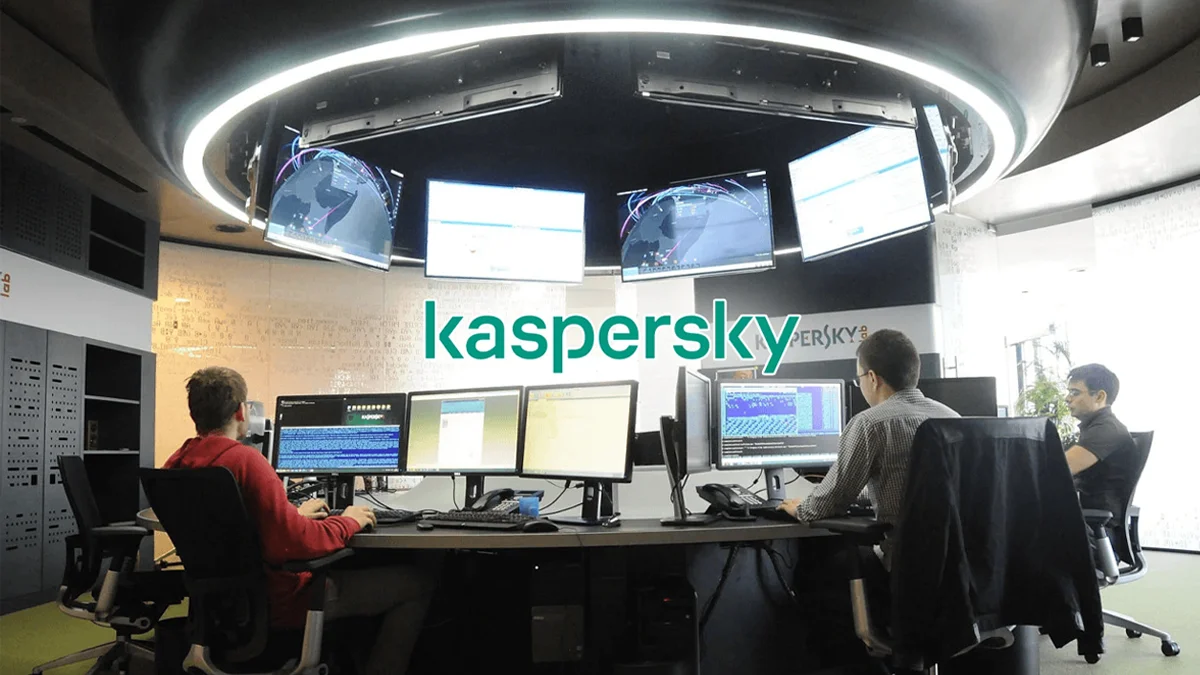Necessary Always Active
Necessary cookies are required to enable the basic features of this site, such as providing secure log-in or adjusting your consent preferences. These cookies do not store any personally identifiable data.
|
||||||
|
||||||
|
||||||
|

Automatic antivirus updates by Kaspersky have left many US users thinking their computers have been breached. The Kaspersky forced updates entailed automatic replacement of the antivirus with UltraVPN and UltraAV.
Earlier this month, Kaspersky announced plans to migrate its customers to Pango Group, an American cybersecurity firm that owns the UltraAV software. The move was meant to facilitate smooth continuation of current subscriptions as Kaspersky updates terminate this month.
TechCrunch reported that social media messages posted by Kaspersky users showed that these updates had been made without prior warning or permission.
“I was using Kaspersky, didn’t realize they’d be shuffling us off to some Pango AV in September. Nearly had a heart attack when I started my pc today and found a program I didn’t download,” one user posted on Reddit.
Another user posted on the Kaspersky support forum saying, “UltraAV automatically installing itself on my PC freaked me out. It still required me to login with my Kaspersky password/account, but no thanks. I have no idea who Pango is, and there is literally no information about their antivirus/credibility.”
Pango Group claimed that Kaspersky users had been informed about the Kaspersky UltraAV software update through an email notification at the start of this month. However, users argued that this form of communication can be unreliable.
Resellers too were disappointed by the Kaspersky antivirus forced updates, particularly the move to replace the antivirus with an entirely different one. A former US government cybersecurity expert termed the move a huge risk.
The migration of Kaspersky customers to UltraAV was triggered by the US government ban of the antivirus company. In June this year, the US Department of Commerce banned the Russian firm from marketing and selling its products within the US starting July 20. The government cited increased privacy and security risks that pose a threat to national security as the reason for the ban.
Following the ban, Kaspersky’s security updates to customers were limited; no updates will be allowed after September 29. An exclusive post published on Axios states that newly established cybersecurity firm Pango was acquiring Kaspersky’s US clients.
On September 21, Kaspersky confirmed the shift to UltraAV on its official forum.
“Kaspersky has additionally partnered with UltraAV to make the transition to their product as seamless as possible, which is why on 9/19, U.S. Kaspersky antivirus customers received a software update facilitating the transition to UltraAV. This update ensured that users would not experience a gap in protection upon Kaspersky’s exit from the market,” a Kaspersky employee wrote.
As customers come to terms with Kaspersky UltraAV updates, many customers wonder who’s at fault abound.
“I’m annoyed at Kaspersky. Basically, on my computers, Kaspersky pushed an uninstall of the Kaspersky products and pushed an automatic install of UltraAV and UltraVPN onto my computers. They should’ve given me the option to accept UltraAV or not. They should never push software onto someone’s computer without explicit permission,” Kaspersky customer Avi Fleischer said.
Although Kapersky said the intention was to give its customers a seamless transition, most users feel the process was not handled well.